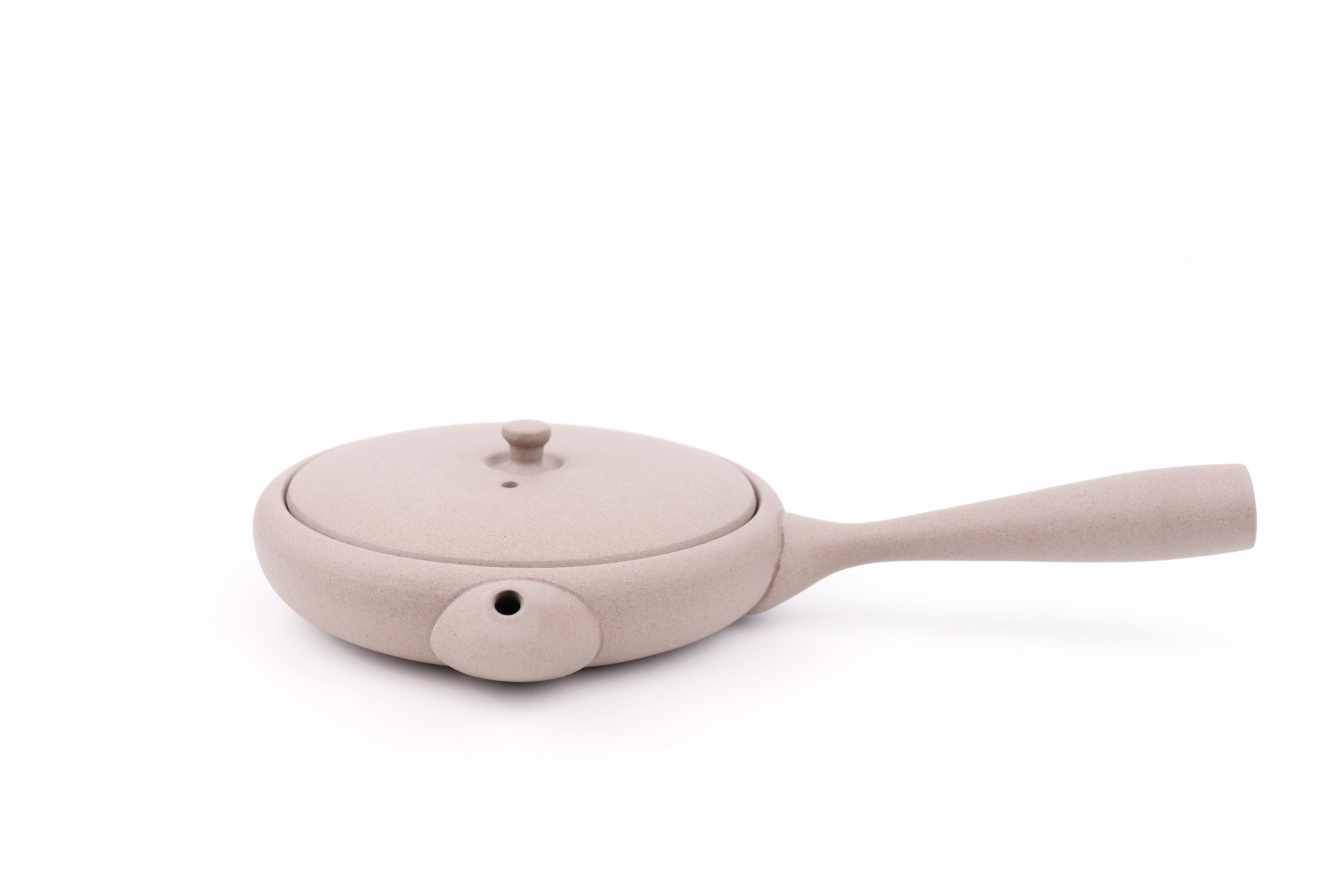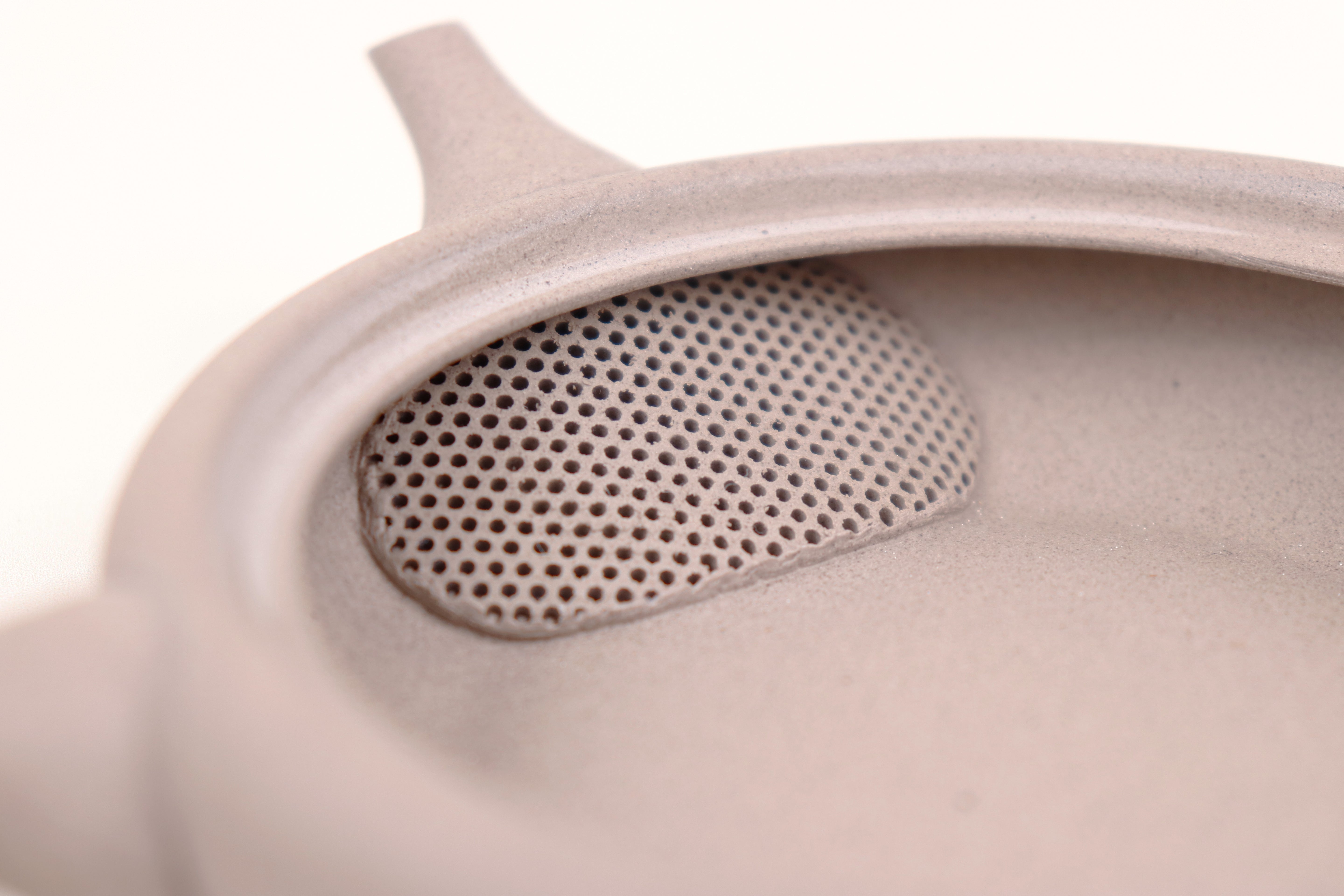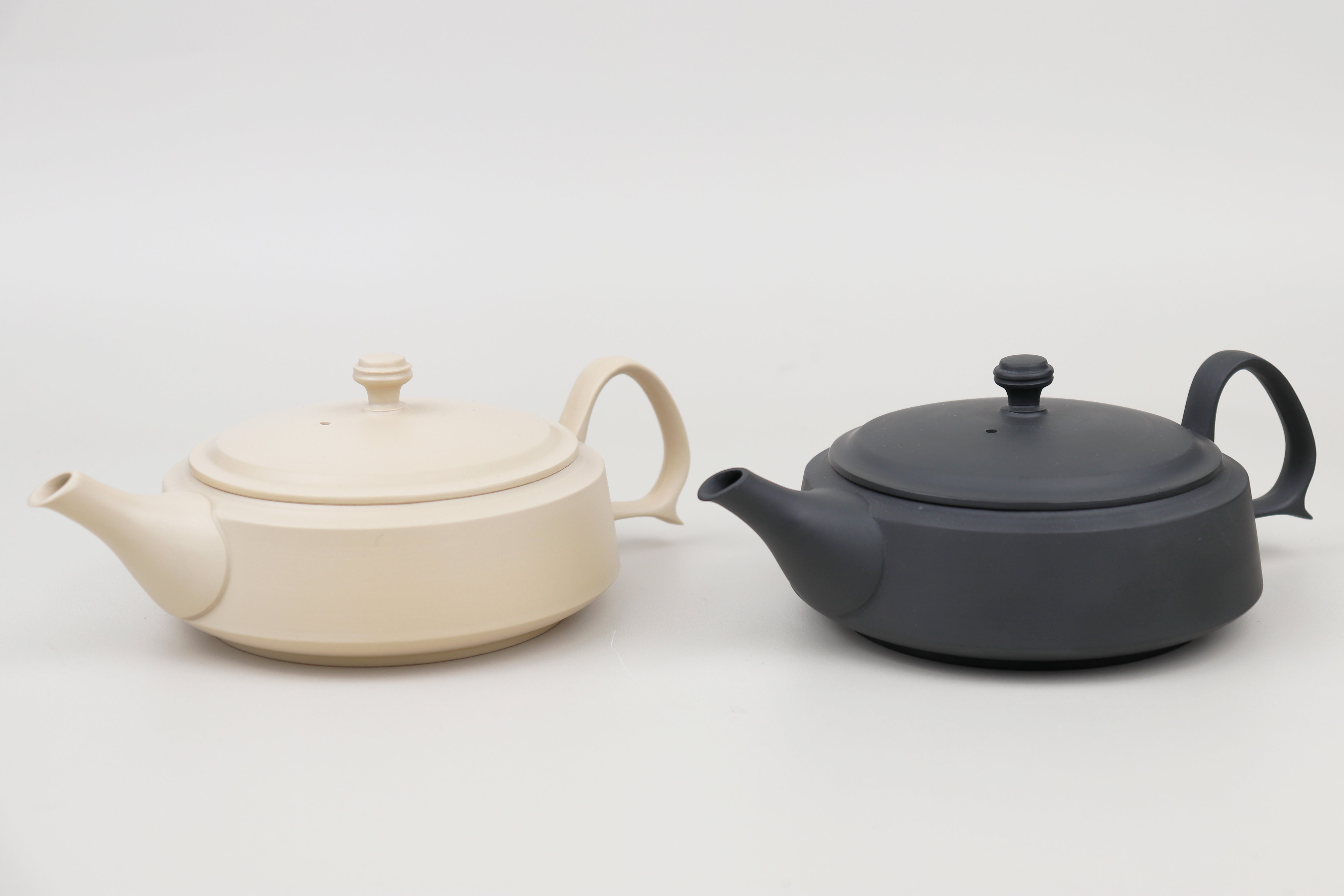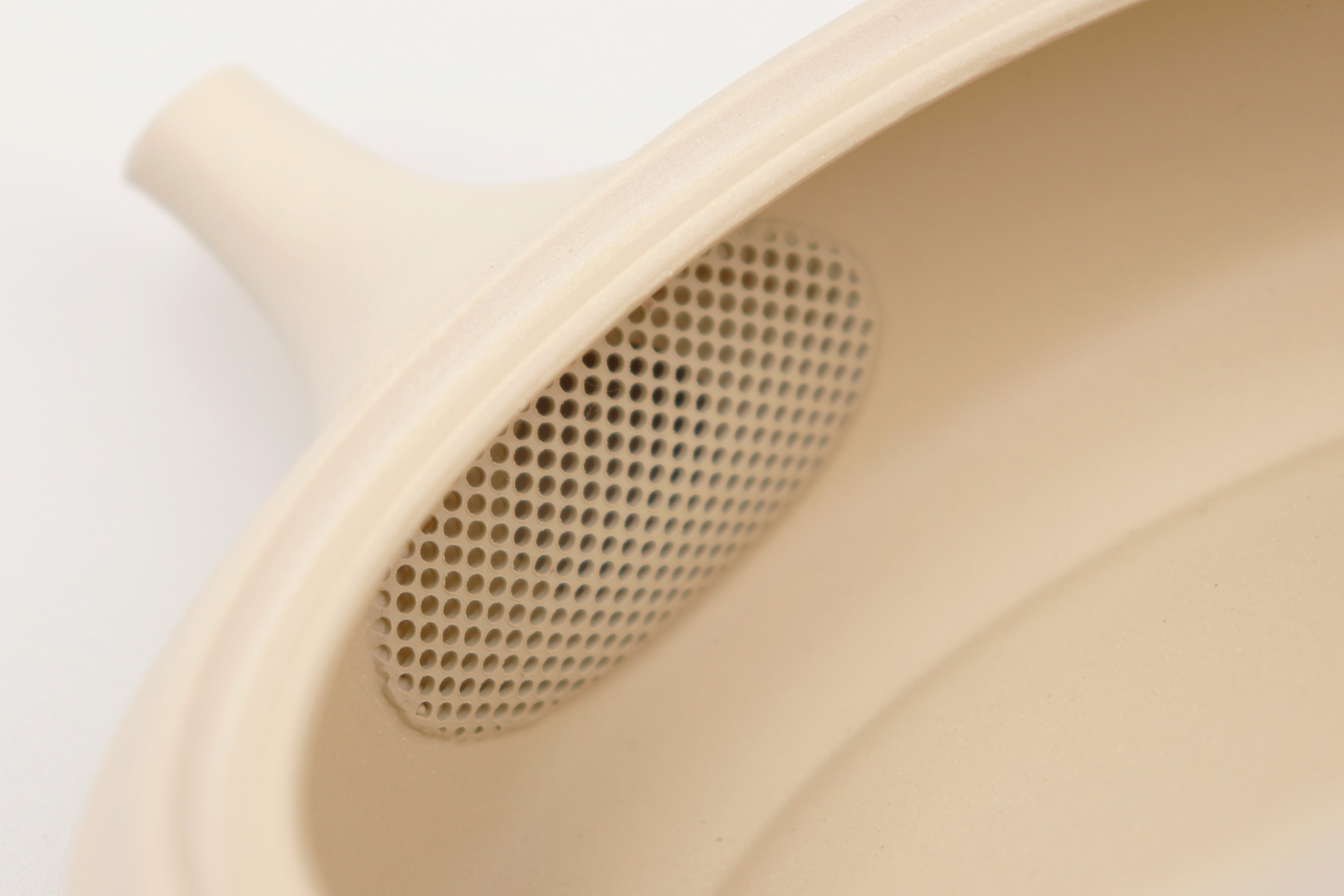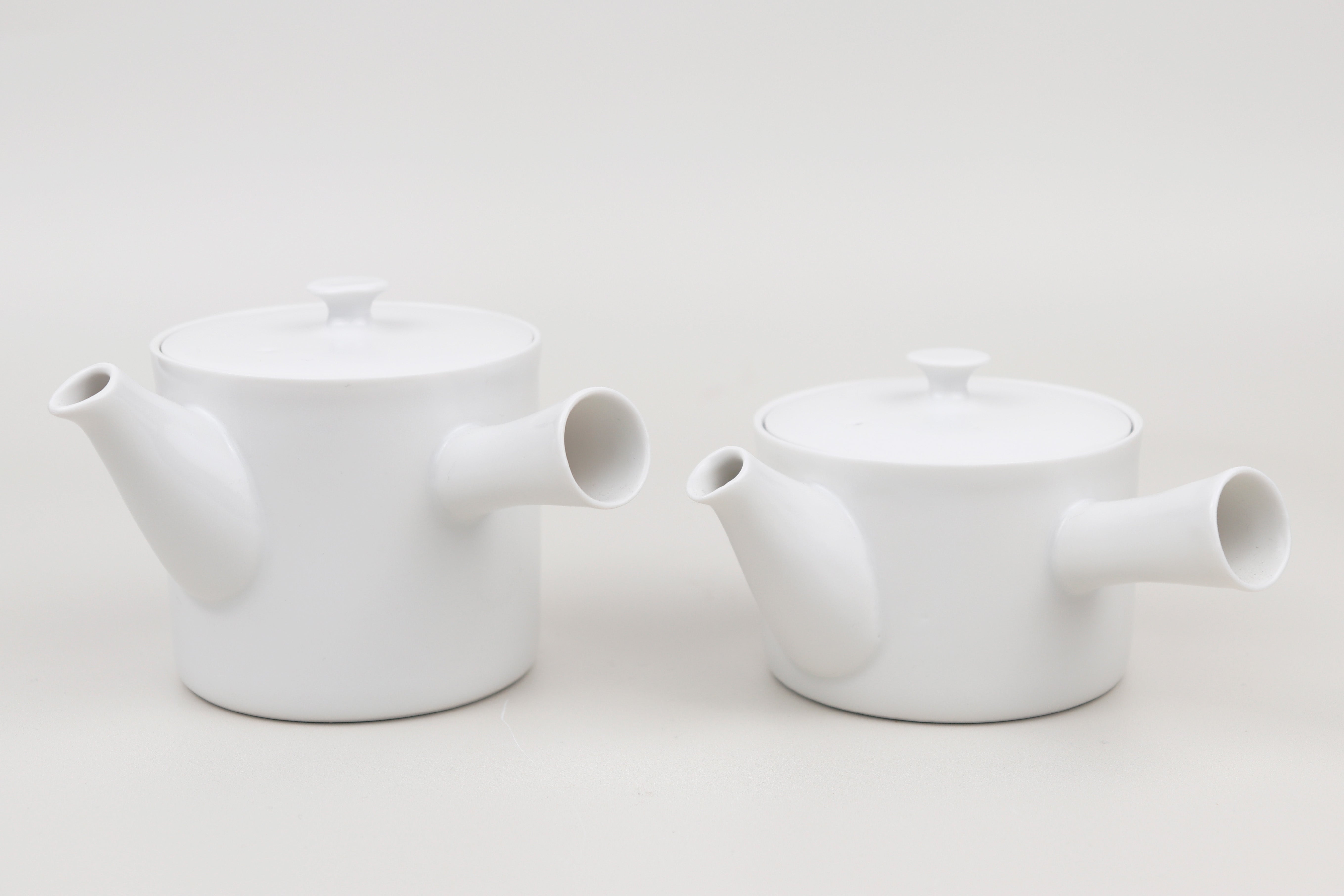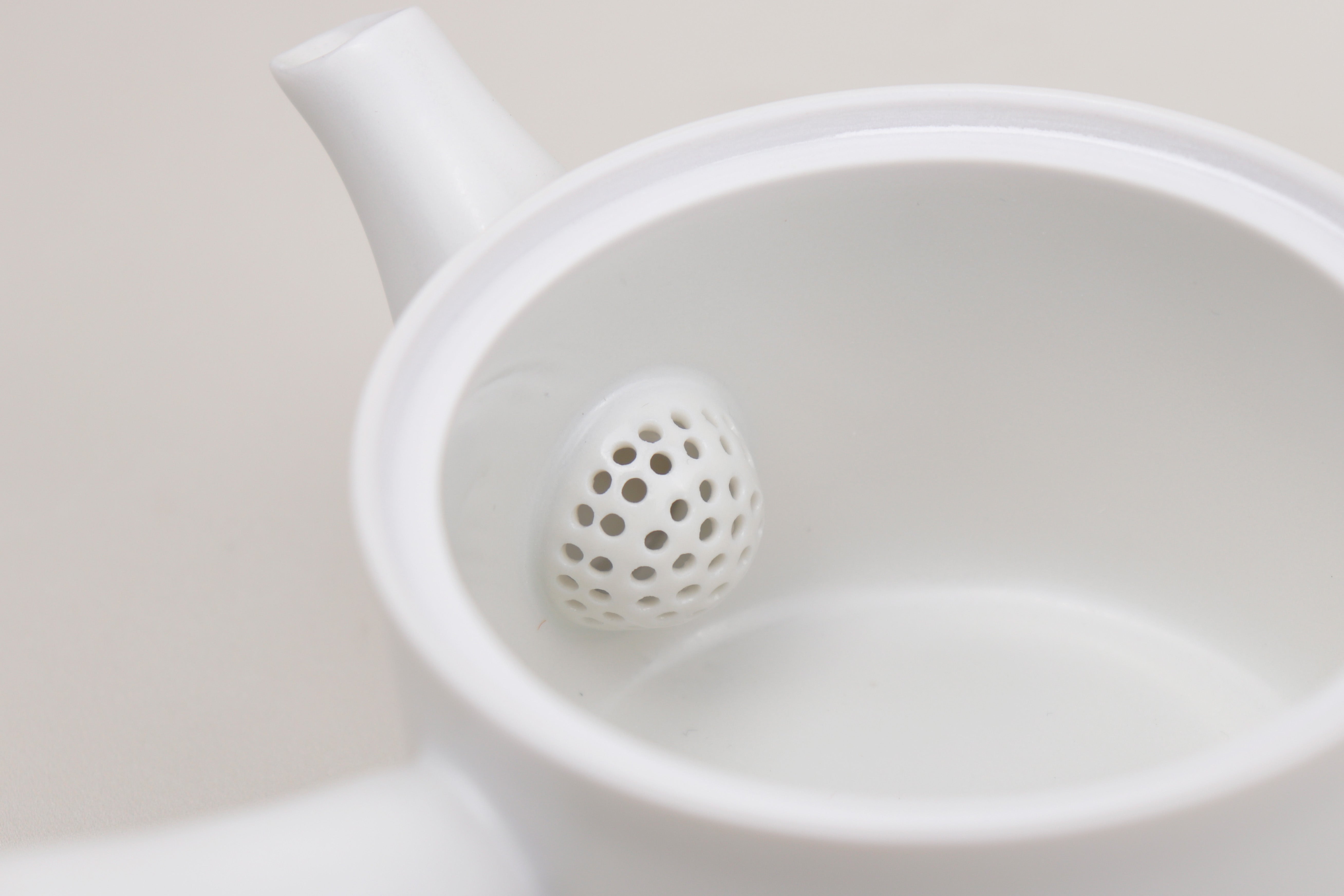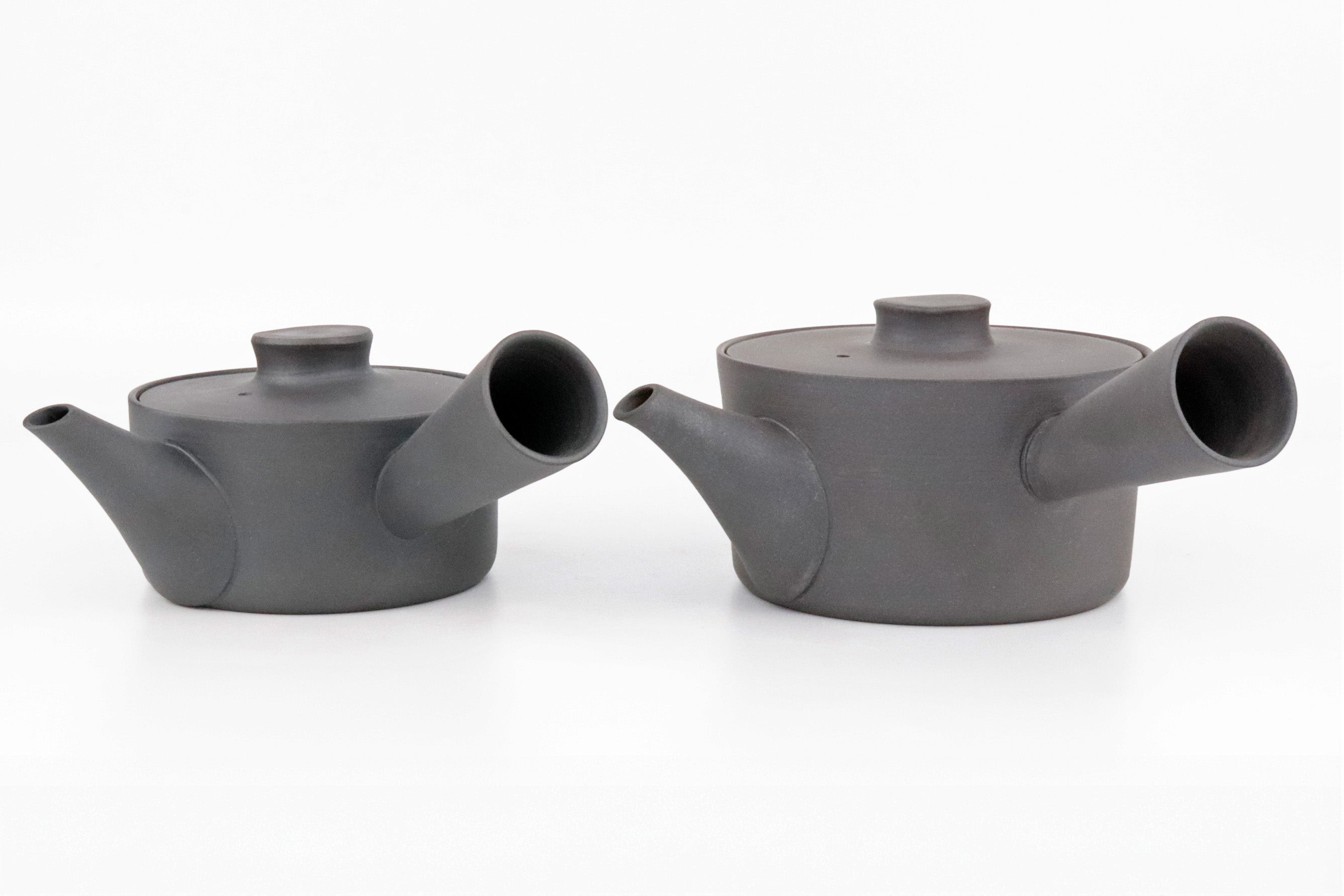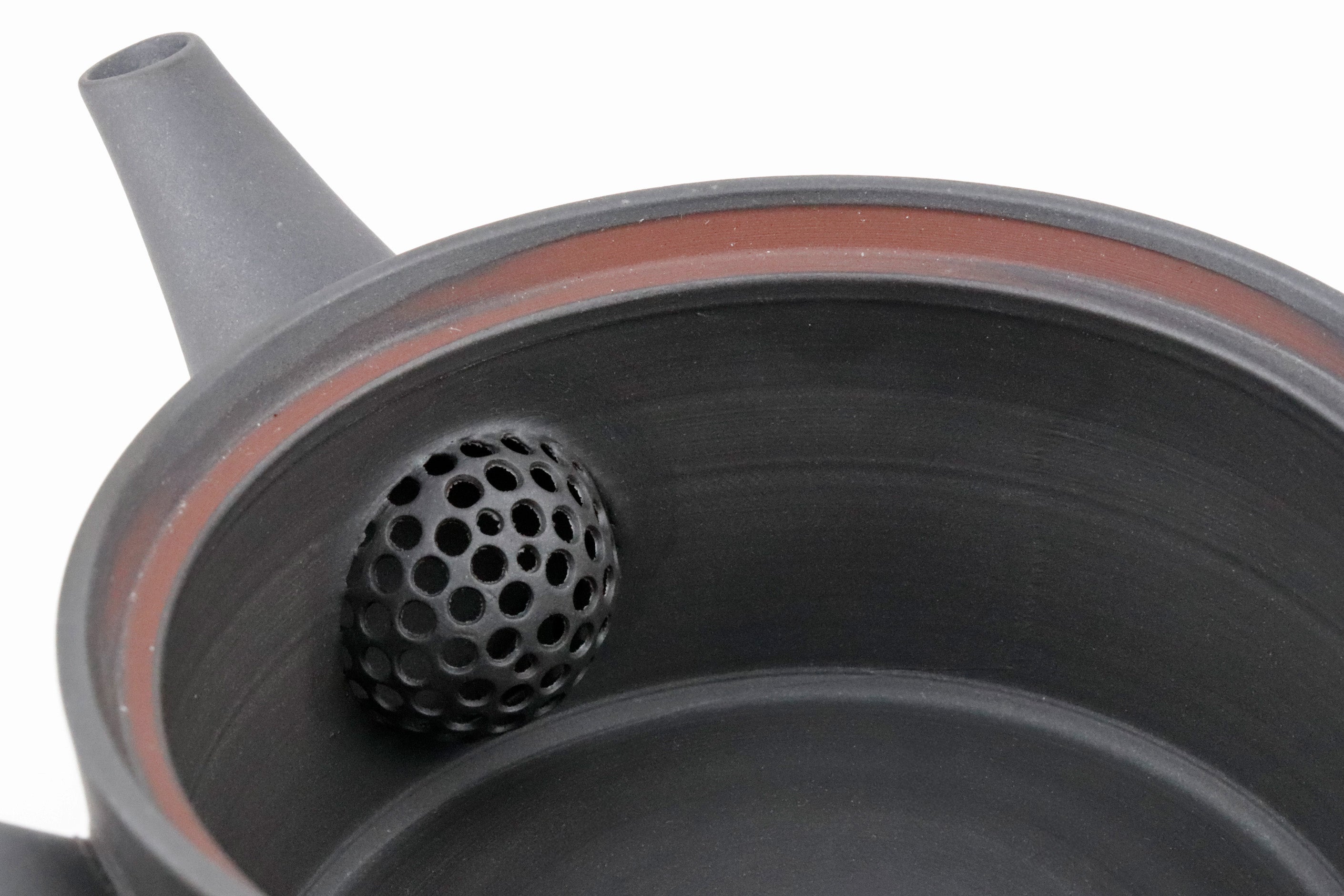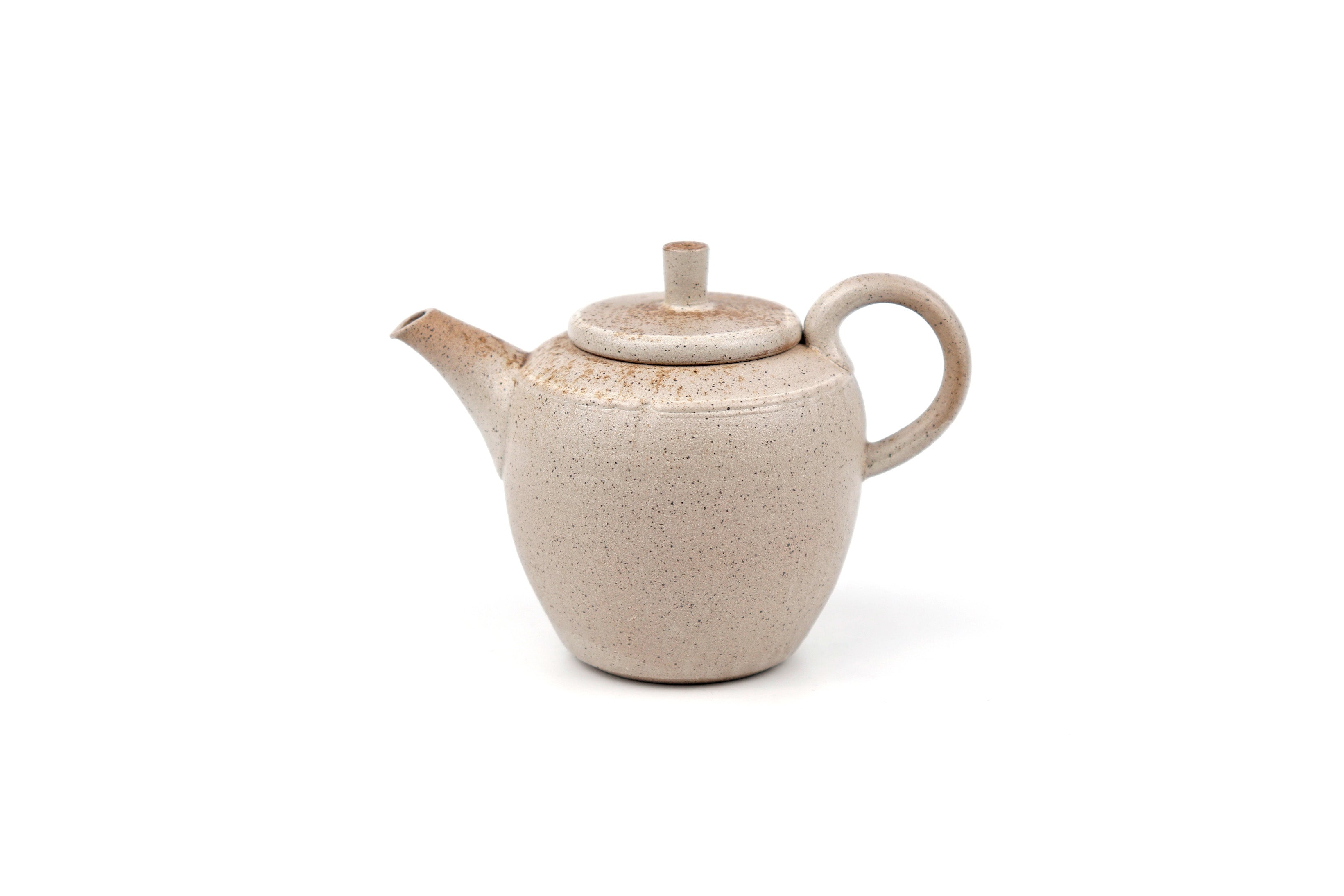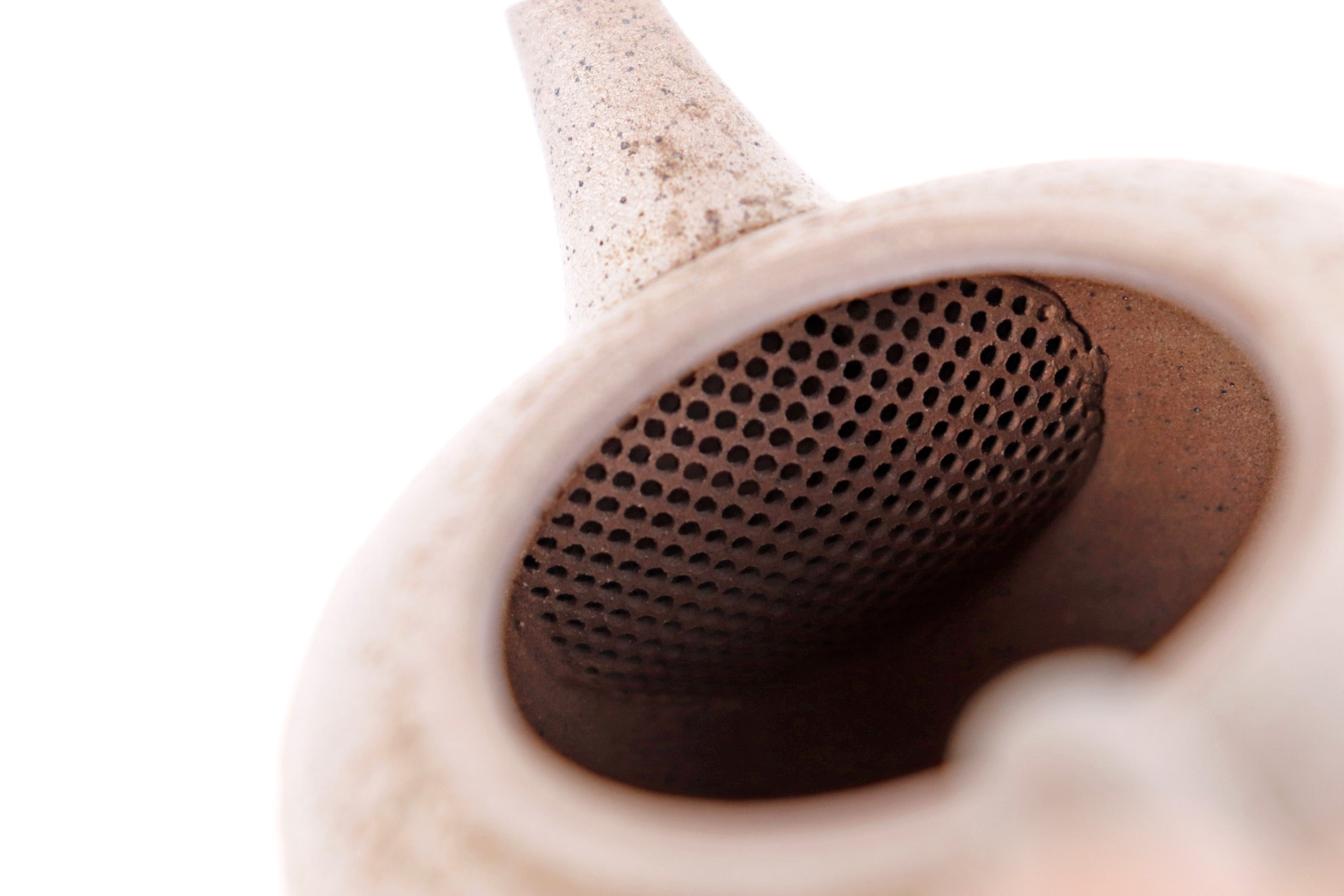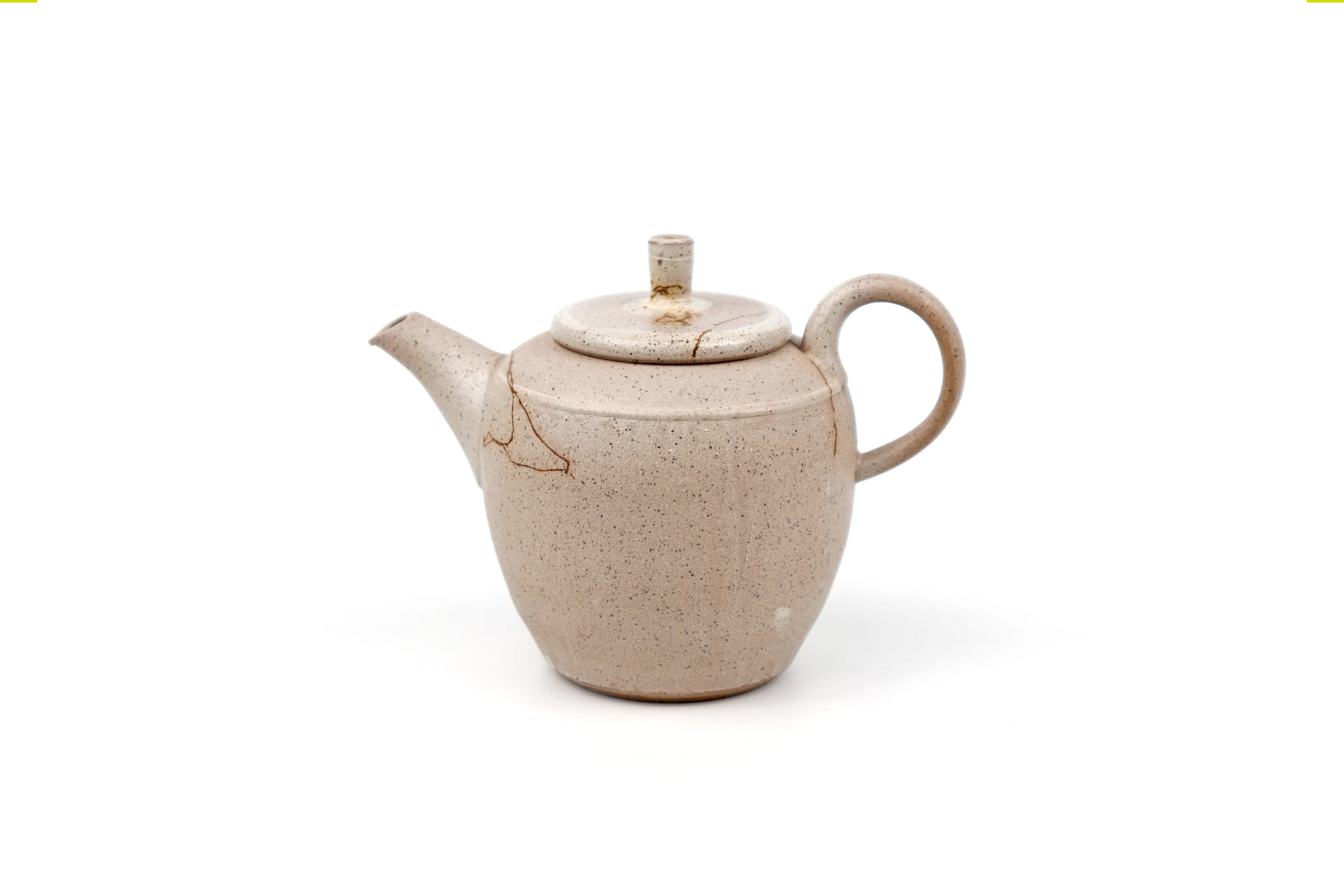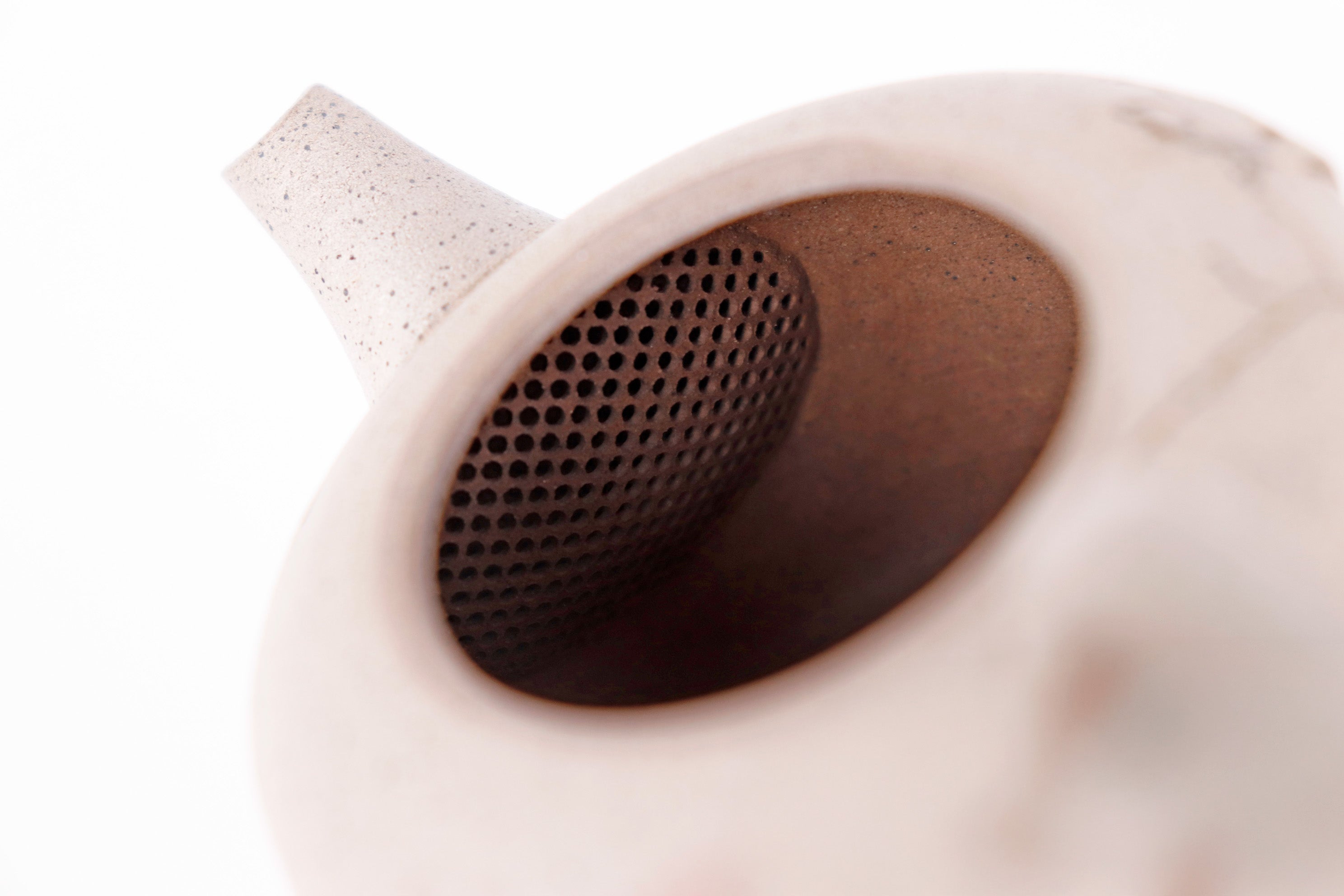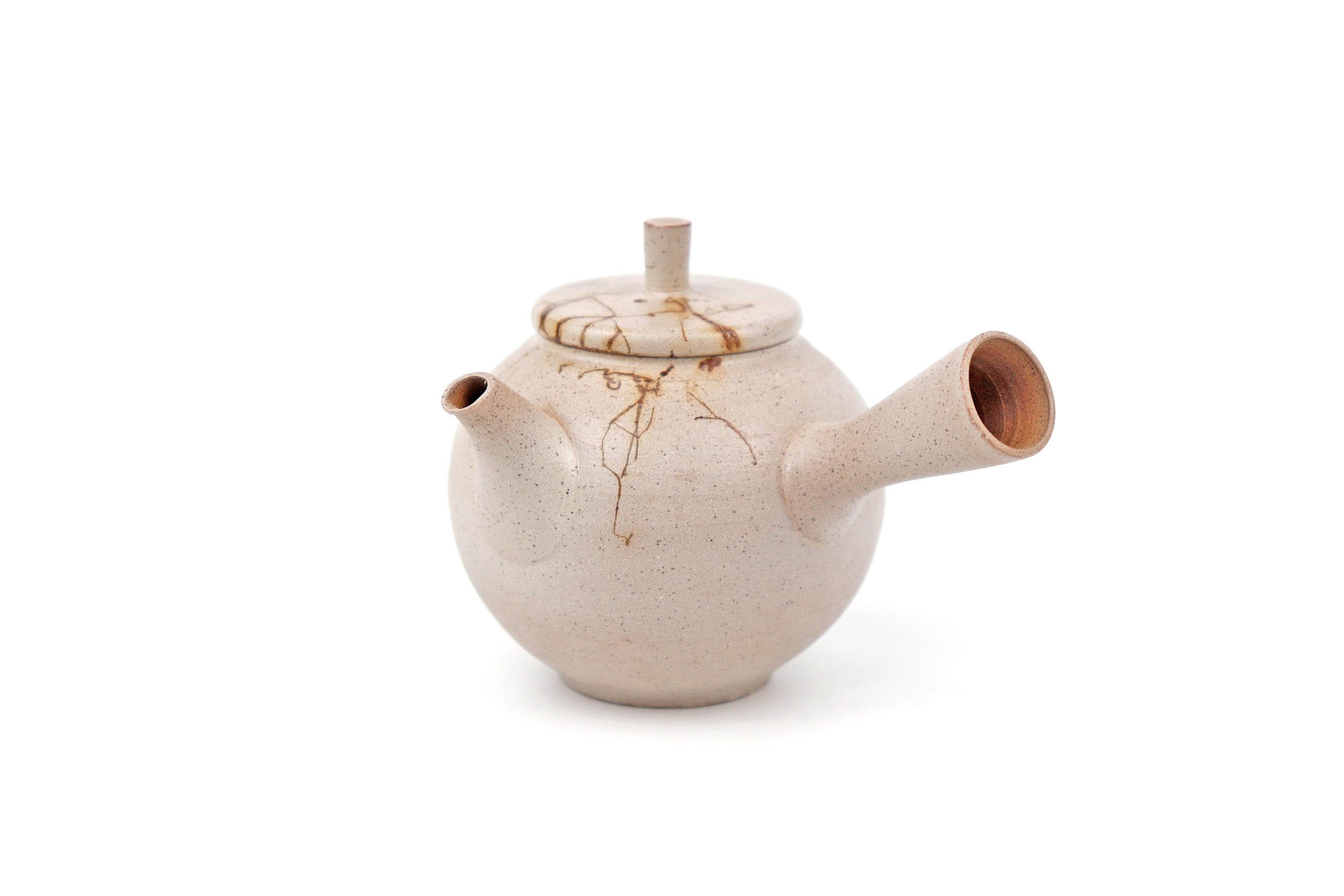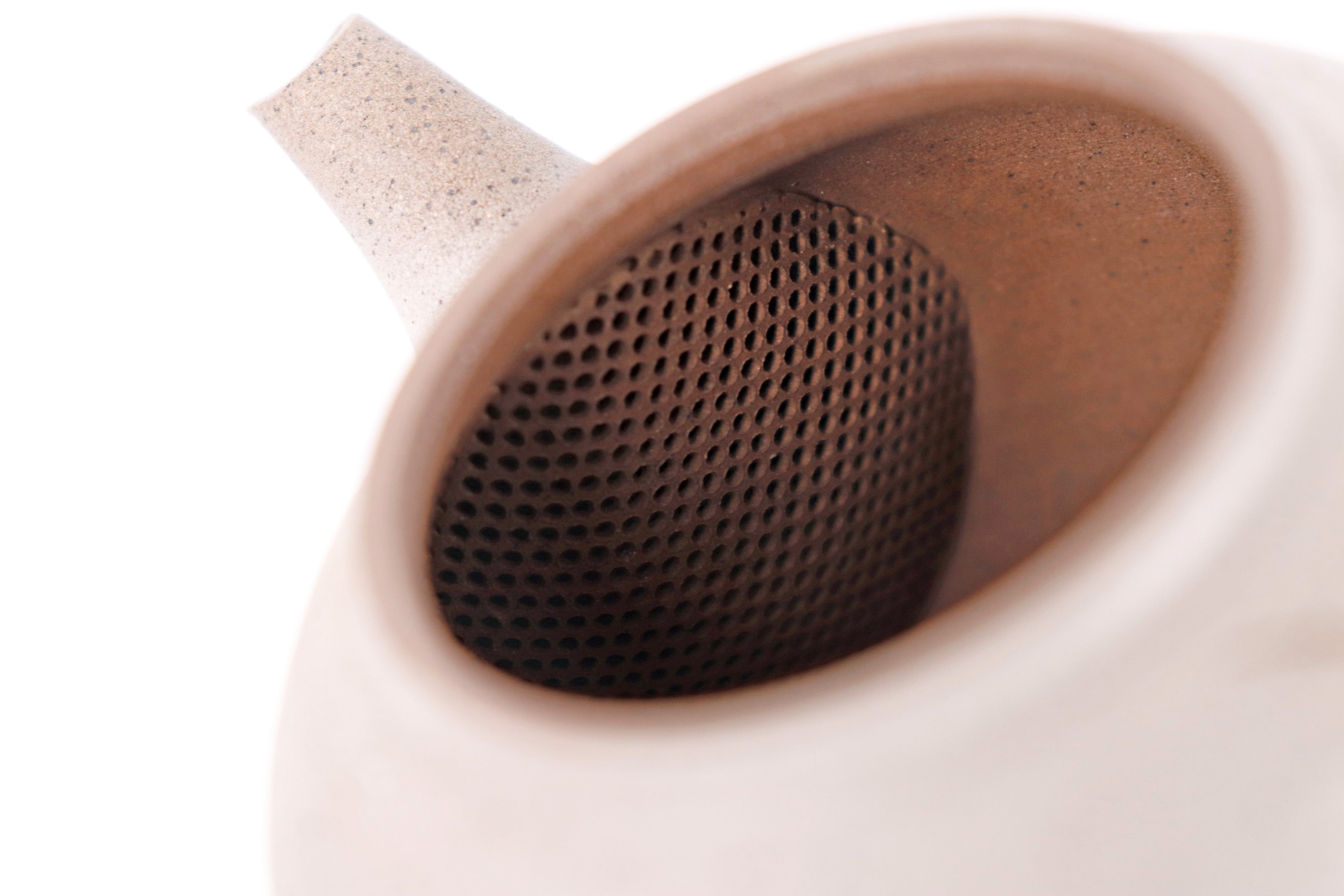






UJIHIKARI (Gyokuro / Kyoto)
Sweetness (Umami): ★★★★ Astringency: ★ Color: ★★★★
Ujihikari Single Origin Tea Leaves from Wazuka Town, Kyoto Prefecture
Gyokuro is made from Ujihikari, a Kyoto variety that is also cultivated as the finest tencha. This cultivar is characterized by its elegant flavor and dark green color. Heating is applied in the finishing process to bring out the gorgeous aroma and rich flavor. The expression changes greatly depending on the extraction temperature.
"Gyokuro"
For about 20 days before harvest, the tea fields are covered and tea is cultivated. The period of covering is longer than kabuse sencha, concentrating the umami. Normally, it contains a lot of sweetness and umami by suppressing the astringency component "catechin" produced by exposure to direct sunlight and producing "theanine" with a strong sweetness.
At our store, we carefully select tea leaves that are carefully grown by hand by tea farmers.
You can feel the deep sweetness and umami of the tea leaves that are carefully covered and grown.
Features and Benefits of Gyokuro
Gyokuro is cultivated under a cover for about 3 weeks before harvesting, making it a type of Japanese tea with a thick, creamy flavor that suppresses astringency and condenses umami.
By covering, the leaves try to increase chlorophyll in an attempt to make photosynthesis more efficient, resulting in a dark green brown.
If you enjoy it cold or at a low temperature such as 50 degrees or less, you can enjoy a very rich flavor with less off-flavours. Also, please enjoy the difference in expression by increasing the temperature after the second brew.
Benefits of Gyokuro Gyokuro contains not only the catechins found in tea, but also the amino acid "theanine" and vitamin C.
【Characteristics of Wazuka Tea】
Located in the mountains of Kyoto, Wazuka has a history of more than 800 years as a tea-producing region, known for cultivating leaves of exceptional quality.
The area’s large temperature differences between day and night, together with frequent mist, soften direct sunlight and produce tea with a mellow taste and natural sweetness.
【 Tea Leaf Storage Instructions 】
・Store unopened tea in a cool, dark place away from direct sunlight, heat, and humidity. For extended storage, keep it sealed, freeze, and let it return to room temperature before opening.
・After opening, place the tea in an airtight, opaque container and keep it in a cool, dark place. For best quality, enjoy as soon as possible, ideally within one month.
・Avoid storing near strongly scented items, as tea easily absorbs odors.
Choose options







【KATAKUCHI MATCHA BOWL】MATCHA BREWING KIT












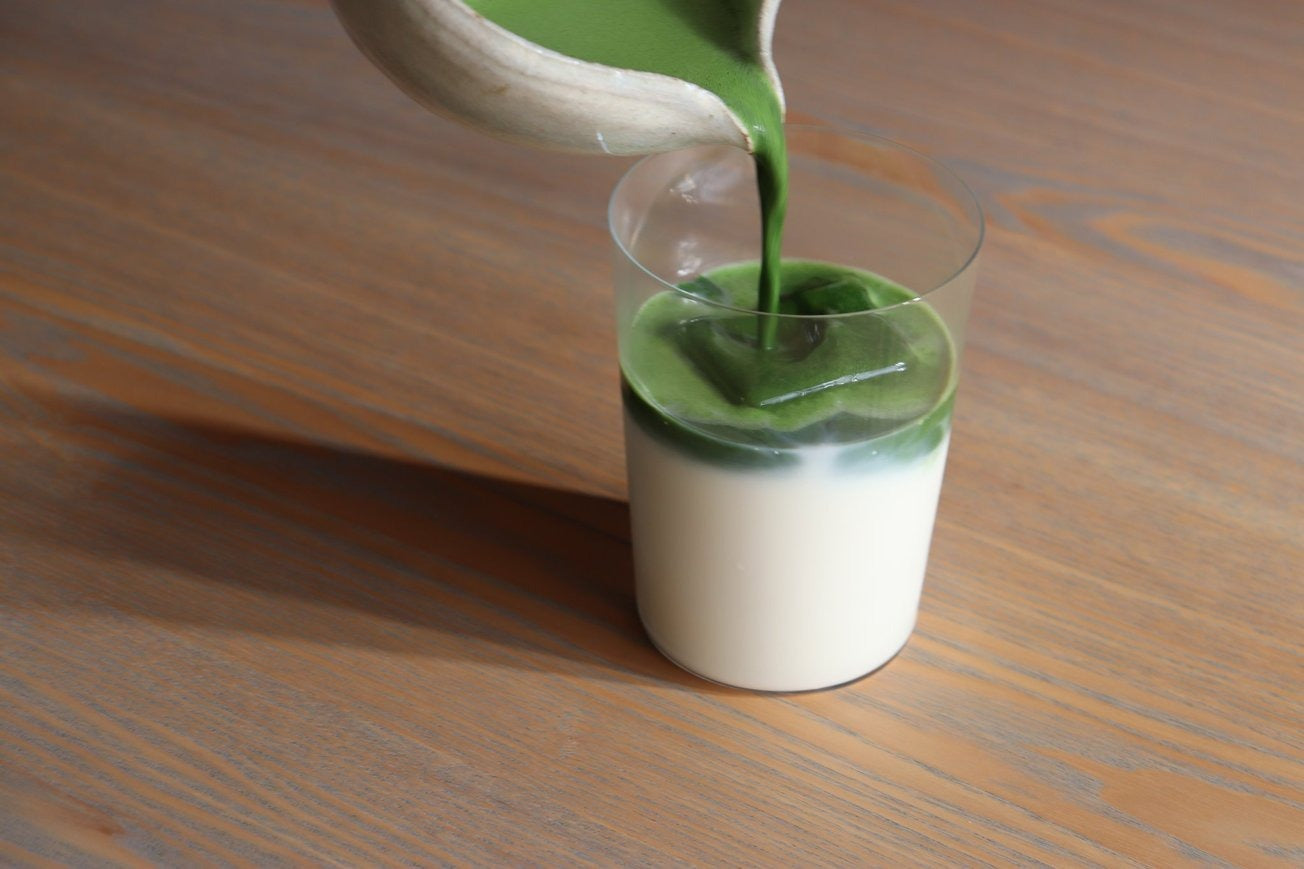
Contents
◆ Katakuchi Matcha Bowl
◆ Takayama Chasen (Black Bamboo Whisk or White Bamboo Whisk)
◆ Chashaku (Smoked Bamboo or White Bamboo)
◆ Matcha #1 YUGEN Original Blend (30g)
How to brew delicious tea
【 Basic Measurements 】
・For 1 serving : 4-6g tea leaves / 100ml hot water
◆ First Brew
Water temperature : 50°C
Steeping time : 2 minutes
Point : Brewing slowly at a low temperature results in almost no bitterness or astringency, allowing the deep umami flavor to shine through.
◆ Second Brew
Water temperature : 60°C
Steeping time : 30 seconds
Point : Slightly increasing the temperature brings out a new layer of aroma and mild astringency, along with a gentle umami taste distinct from the first brew.
→UJIHIKARI (Gyokuro / Kyoto)
【 Basic Measurements 】
・For 1-2 servings : 5g tea leaves / 160ml hot water
・For 3-4 servings : 8g tea leaves / 300ml hot water
◆ First Brew
Water temperature : 85°C
Steeping time : 90 seconds
Point : Enjoy the signature aroma of sencha along with a refreshing bitterness and astringency, balanced by a gentle umami and subtle sweetness.
◆ Second Brew
Water temperature : 85°C
Steeping time : 20-30 seconds
Point : Slightly increasing the temperature enhances the astringency, offering a lighter, more refreshing taste compared to the first infusion.
◆ Third Brew
Water temperature : 95-100°C
Steeping time : 10 seconds
Point : A short steep with boiling water brings out a soft bitterness and astringency, creating a clean, mellow finish.
→ OKUMIDORI (SENCHA / KYOTO)
【 Basic Measurements 】
・For 1-2 servings : 5-6g tea leaves / 160ml hot water
・For 3-4 servings : 8-10g tea leaves / 300ml hot water
◆ First Brew
Water temperature : 65°C
Steeping time : 90 seconds
Point : Brewing at a lower temperature reduces bitterness and astringency, allowing you to fully enjoy kabusecha’s signature “covered aroma” (ooika) and its rich umami flavor.
◆ Second Brew
Water temperature : 85°C
Steeping time : 20-30 seconds
Point : Using hotter water brings out a slightly more astringent profile, offering a new dimension of flavor compared to the first brew.
◆ Third Brew
Water temperature : 95-100°C
Steeping time : 10 seconds
Point : A quick steep with boiling water draws out a gentle bitterness and clean astringency for a refreshing finish.
→GOKO (Kabuse Sencha / Kyoto)



